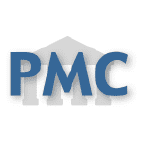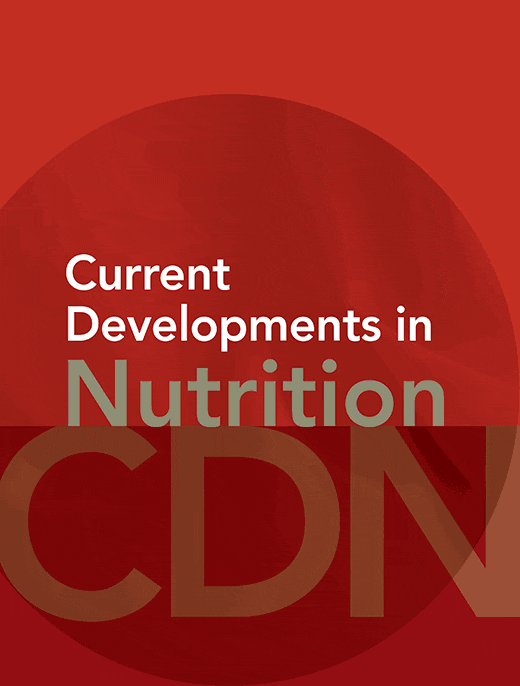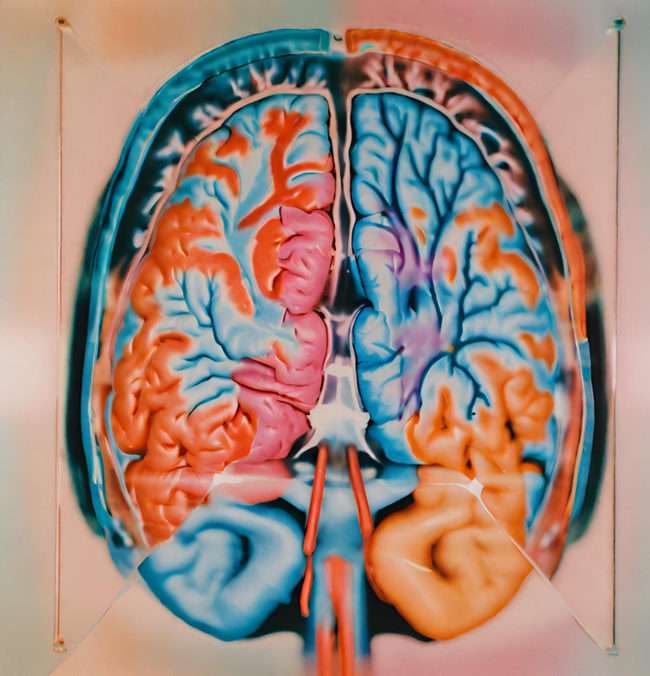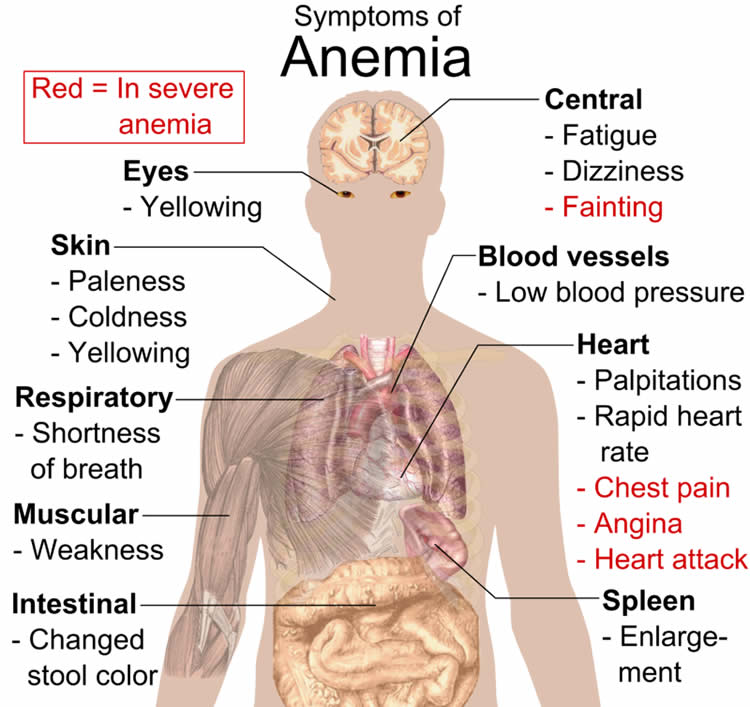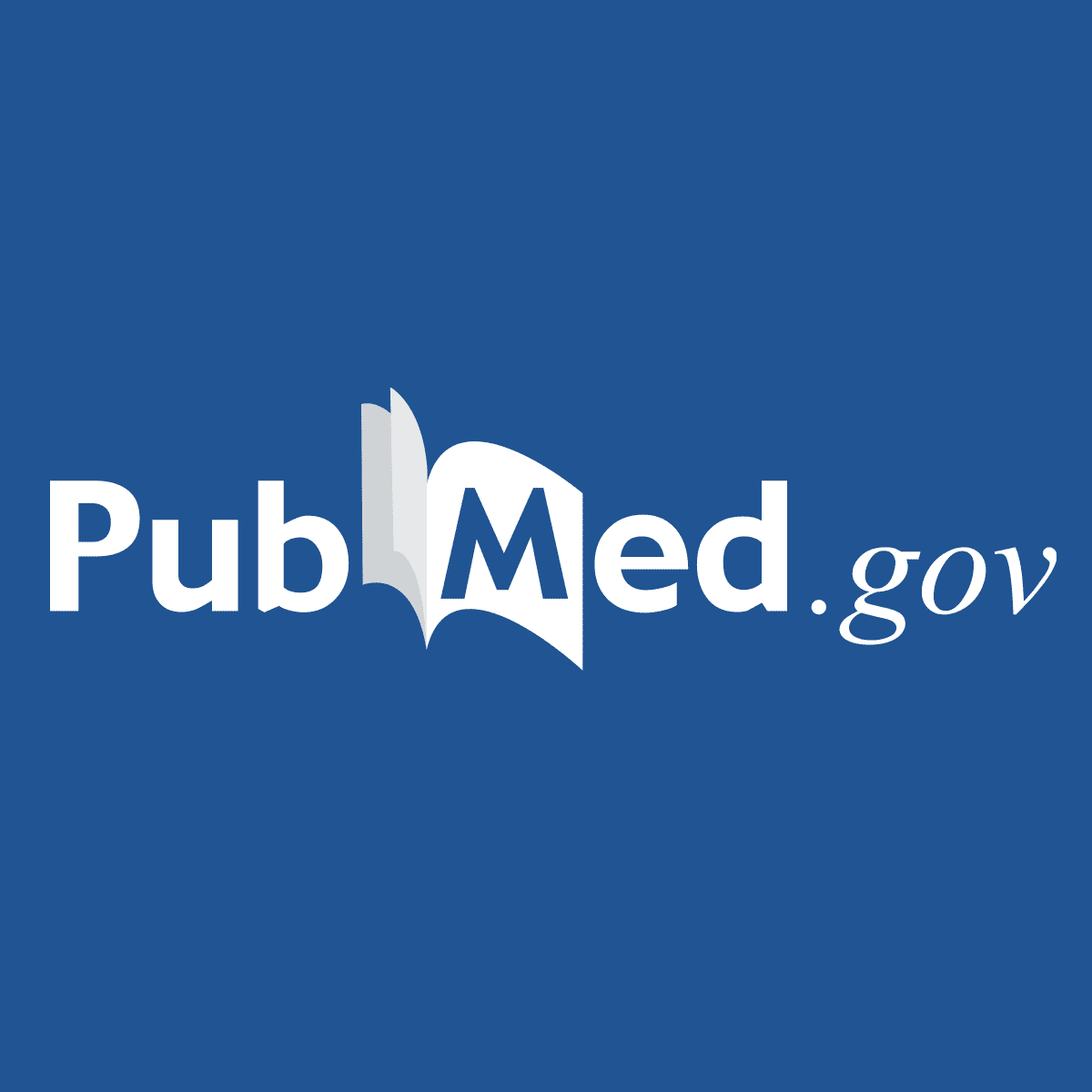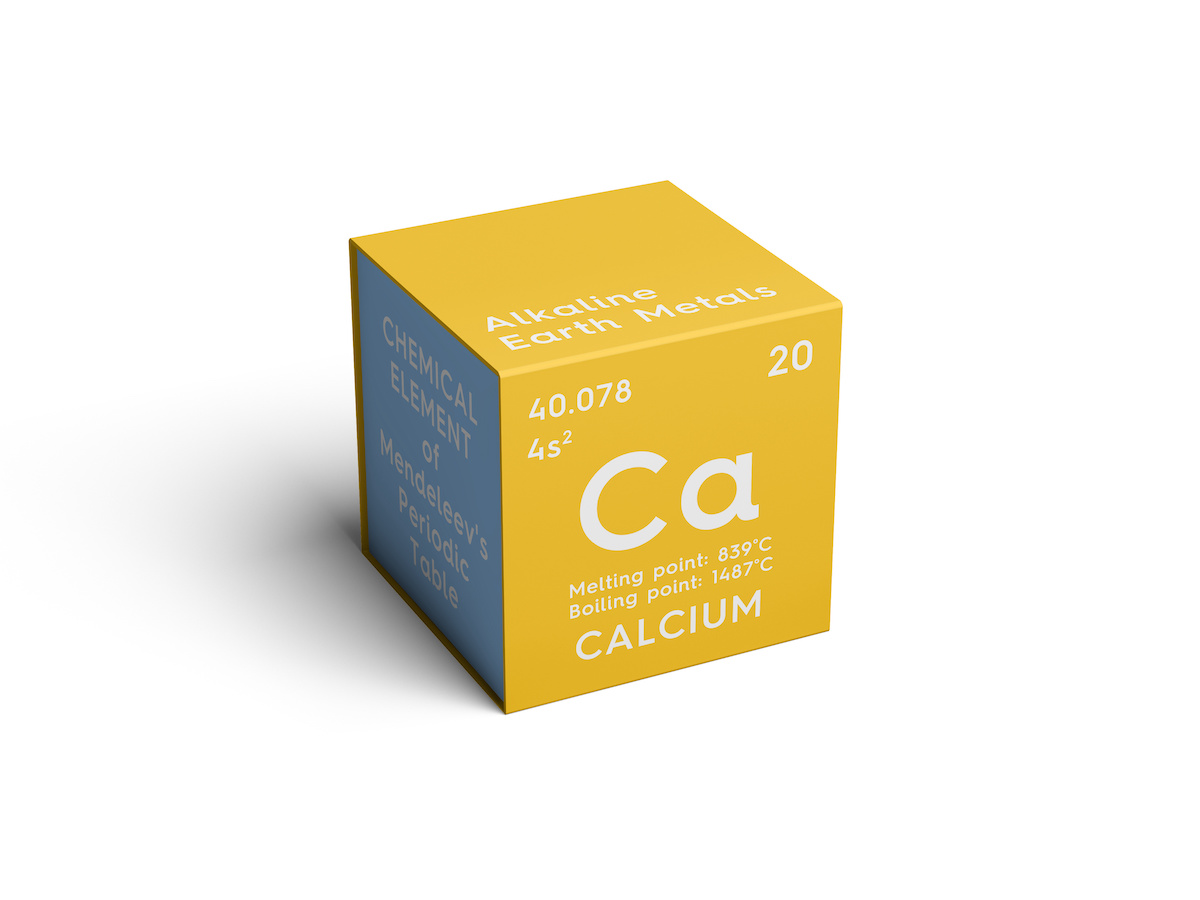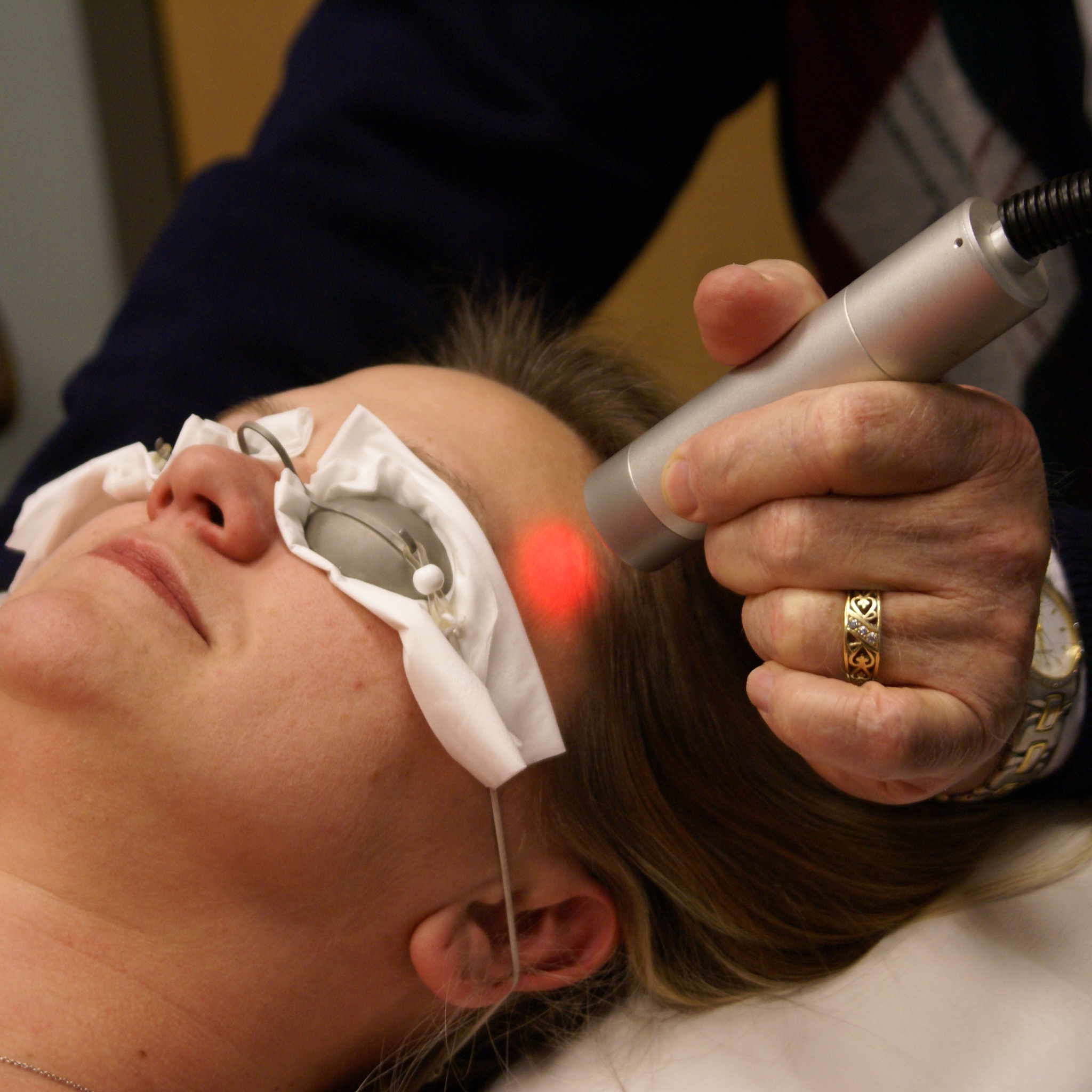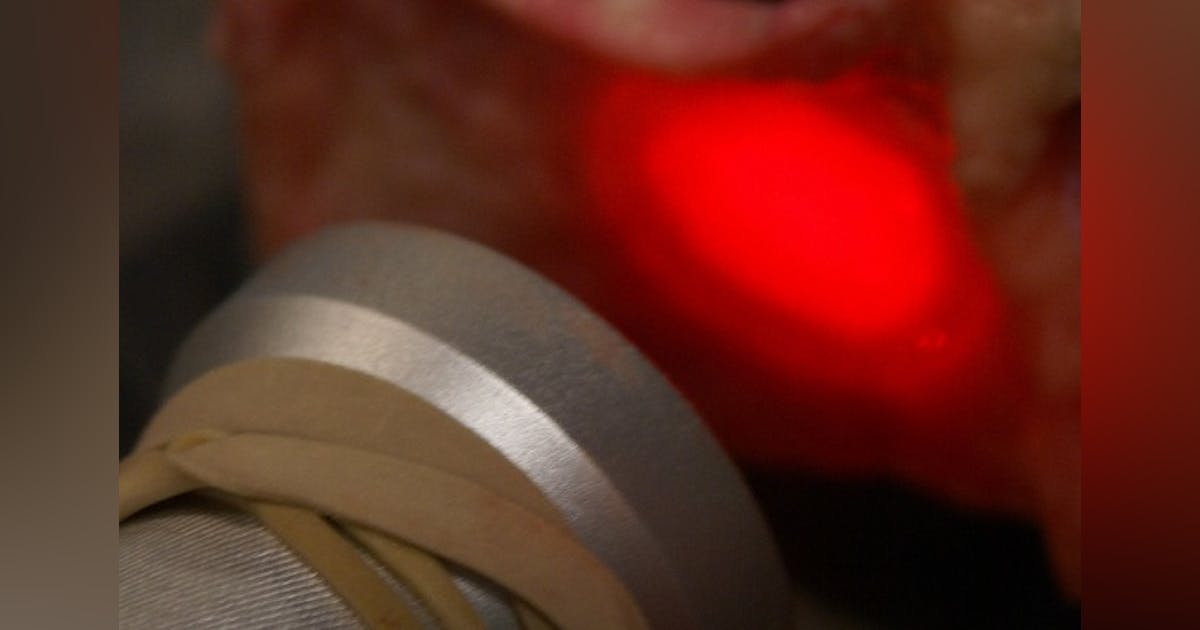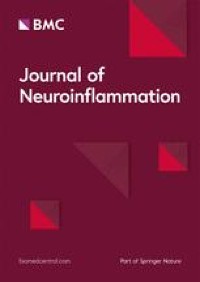OP
Peatness
Guest
Comparison of the administration of progesterone versus progesterone and vitamin D in improvement of outcomes in patients with traumatic brain injury: A randomized clinical trial with placebo group.
Background: Due to the heterogeneity of traumatic brain injury (TBI), many of single treatments have not been successful in prevention and cure of these kinds of injuries. The neuroprotective effect of progesterone drug on severe brain injuries has been identified, and recently, the neuroprotective effect of vitamin D has also been studied as the combination of these two drugs has shown better effects on animal samples in some studies. This study was conducted to examine the effect of vitamin D and progesterone on brain injury treatment after brain trauma.
Materials and Methods: This study was performed on patients with severe brain trauma (Glasgow Coma Scale (GCS) ≤ 8) from April to September, 2011. The patients were divided to 3 groups (placebo, progesterone, progesterone-vitamin D), each with 20 people. Upon the patients' admission, their GCS and demographic information were recorded. After 3 months, they were reassessed, and their GCS and GOS (Glasgow outcome scale) were recorded. The collected data were analyzed using SPSS 18 software (SPSS Inc., Chicago IL, USA).
Results: Before intervention, GCS mean of the placebo, progesterone, and progesterone-vitamin D groups were 6.3 ± 0.88, 6.31 ± 0.87, and 6 ± 0.88, respectively. They increased to 9.16 ± 1.11, 10.25 ± 1.34, and 11.27 ± 2.27, respectively 3 months after intervention. There was a significant difference among GCS means of the 3 groups (P-value = 0.001). GOS was classified to 2 main categories of favorable and unfavorable recovery, of which, favorable recovery in placebo, progesterone, and progesterone-vitamin D was 25%, 45%, and 60%, respectively which showed a statistical significant difference among the groups (P-value = 0.03).
Conclusion: The results showed that recovery rate in patients with severe brain trauma in the group receiving progesterone and vitamin D together was significantly higher than that of progesterone group, which was in turn higher than that of placebo group.
 www.vitamindcouncil.org
www.vitamindcouncil.org
| Abstract | |
Background: Due to the heterogeneity of traumatic brain injury (TBI), many of single treatments have not been successful in prevention and cure of these kinds of injuries. The neuroprotective effect of progesterone drug on severe brain injuries has been identified, and recently, the neuroprotective effect of vitamin D has also been studied as the combination of these two drugs has shown better effects on animal samples in some studies. This study was conducted to examine the effect of vitamin D and progesterone on brain injury treatment after brain trauma.
Materials and Methods: This study was performed on patients with severe brain trauma (Glasgow Coma Scale (GCS) ≤ 8) from April to September, 2011. The patients were divided to 3 groups (placebo, progesterone, progesterone-vitamin D), each with 20 people. Upon the patients' admission, their GCS and demographic information were recorded. After 3 months, they were reassessed, and their GCS and GOS (Glasgow outcome scale) were recorded. The collected data were analyzed using SPSS 18 software (SPSS Inc., Chicago IL, USA).
Results: Before intervention, GCS mean of the placebo, progesterone, and progesterone-vitamin D groups were 6.3 ± 0.88, 6.31 ± 0.87, and 6 ± 0.88, respectively. They increased to 9.16 ± 1.11, 10.25 ± 1.34, and 11.27 ± 2.27, respectively 3 months after intervention. There was a significant difference among GCS means of the 3 groups (P-value = 0.001). GOS was classified to 2 main categories of favorable and unfavorable recovery, of which, favorable recovery in placebo, progesterone, and progesterone-vitamin D was 25%, 45%, and 60%, respectively which showed a statistical significant difference among the groups (P-value = 0.03).
Conclusion: The results showed that recovery rate in patients with severe brain trauma in the group receiving progesterone and vitamin D together was significantly higher than that of progesterone group, which was in turn higher than that of placebo group.
Comparison of the administration of progesterone versus progesterone and vitamin D in improvement of outcomes in patients with traumatic brain injury: A randomized clinical trial with placebo group Aminmansour B, Nikbakht H, Ghorbani A, Rezvani M, Ra
Adv Biomed Res, Official publication of Isfahan University of Medical Sciences,Iran
www.advbiores.net
News - Vitamin D
at yippy News - Latest topics & trends from Vitamin D. Stay informed and up to date with us!

